Anxiety
Are you constantly feeling worried and overwhelmed? Does anxiety make it difficult for you to focus and stay calm? MediPsych offers personalized treatment options to help identify the underlying causes of anxiety, develop coping mechanisms, and lead a more peaceful and fulfilling life.
What is Anxiety?
Imagine constantly feeling on edge, like a relentless thread of worry that keeps unraveling throughout the day. That’s what it can feel like for someone with anxiety. This condition affects a person’s thoughts, feelings, and physical sensations, leading to excessive fear and apprehension in everyday situations.
Anxiety disorders are among the most common mental health disorders, affecting millions of people worldwide. They can range from generalized anxiety dis order, panic disorder, social anxiety disorder, to specific phobias. Anxiety disorders often coexist with other mental health conditions, such as ADHD, depression, and obsessive-compulsive disorder (OCD).
Living with anxiety can be overwhelming, impacting various aspects of life, such as work, relationships, and overall well-being. However, with proper understanding, support, and treatment, individuals with anxiety can learn to manage their symptoms and thrive.
leading Symptoms
The many faces of Anxiety
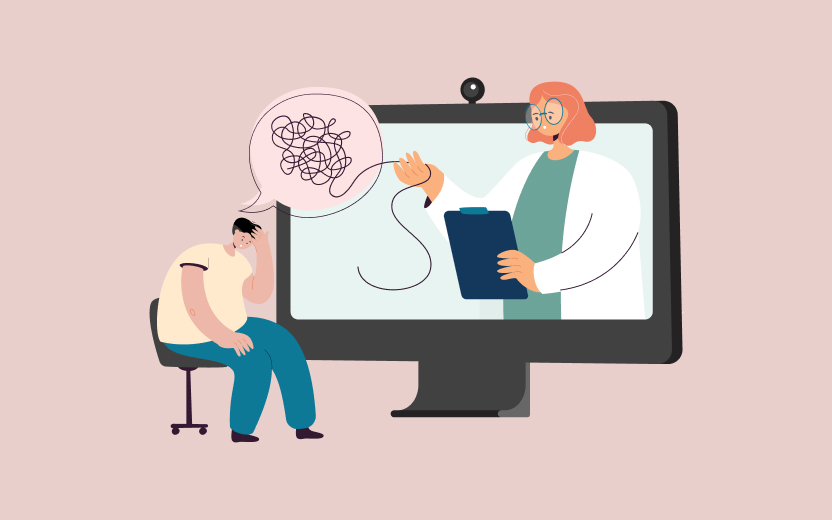
Generalized Anxiety Disorder
Imagine constantly worrying about everyday things, even when there is no apparent reason to be concerned. People with GAD often experience persistent and excessive anxiety about various areas of their life, such as health, work, and relationships.

Panic
Disorder
Think of intense and sudden episodes of fear and panic that can strike unexpectedly, accompanied by physical symptoms like a racing heart, sweating, and shortness of breath. Panic disorder can lead to a fear of experiencing future panic attacks, causing significant distress and avoidance behaviors.

Social Anxiety
Disorder
Picture feeling extreme self-consciousness and anxiety in social situations, such as public speaking, meeting new people, or attending social events. People with social anxiety disorder often fear being judged or embarrassed, leading to avoidance of social interactions.

Specific
Phobias
Think of an intense and irrational fear of specific objects, animals, situations, or places. For example, fear of flying, fear of spiders, or fear of heights. These phobias can significantly impact a person's daily life, causing avoidance behaviors and distress.

Obsessive-Compulsive Personality Disorder
OCPD is a condition characterized by unwanted and intrusive thoughts (obsessions) and repetitive behaviors (compulsions) performed to alleviate anxiety. For example, excessive handwashing, checking rituals, or repeating certain actions.
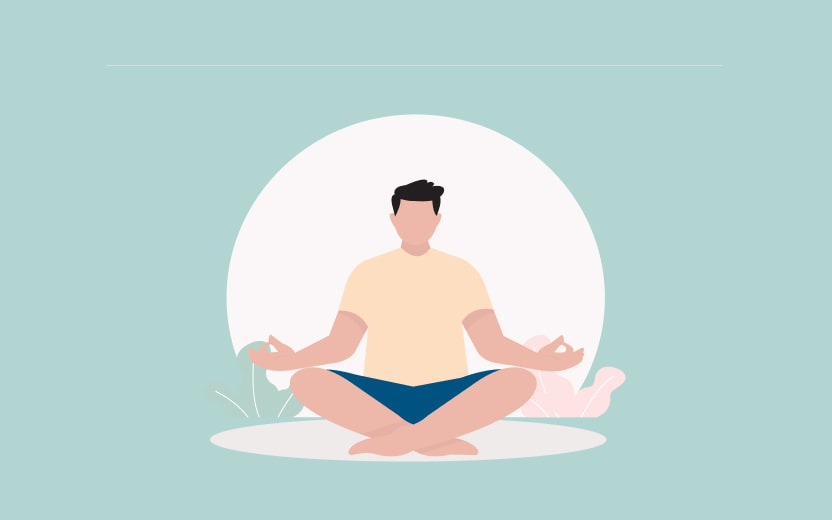
Post-Traumatic Stress Disorder
Imagine experiencing intense fear, distress, and intrusive memories after a traumatic event. PTSD can lead to flashbacks, nightmares, avoidance of triggers, and a constant state of hyperarousal.
Do you think you might have Anxiety?
Take the self-assessment
I always
- always
- always
have severe mood swings and find it difficult to control my emotions
most of the time
- most of the time
- most of the time
. I often
- often
- often
have a hard time concentrating and get between 4-5 hrs
- 4-5 hrs
- 4-5 hrs
sleep each night.
- always
- always
- most of the time
- most of the time
- often
- often
- 4-5 hrs
- 4-5 hrs
What symptoms to look out for
-
Children Symptoms of anxiety in children may manifest as excessive worry or fear about various aspects of their lives, including school, social situations, or separation from parents. They may also exhibit physical symptoms like stomachaches or headaches, have difficulty concentrating, show avoidance behavior, and experience sleep disturbances.
-
Adolescents Adolescents with anxiety may display excessive worry or fear, often related to academic performance, social interactions, or the future. They may also experience irritability, restlessness, have difficulty concentrating, and exhibit physical symptoms like muscle tension or fatigue.
-
Adults Symptoms of anxiety in adults typically involve persistent and excessive worry or fear about various aspects of life, such as work, finances, or health. Physical symptoms like trembling, heart palpitations, or sweating may occur. Adults with anxiety may also experience difficulty concentrating, irritability, sleep problems, and avoidance of situations that trigger anxiety.



Schedule an appointment to be assessed for Anxiety
Unmasking Anxiety: Diagnosis
A proper diagnosis of anxiety involves a comprehensive evaluation by a mental health professional. This may include a detailed assessment of symptoms, medical history, and a discussion of the impact anxiety has on daily life. It is essential to rule out other medical conditions that may present with similar symptoms.
Treatment
Finding the balance
Managing anxiety often requires a multi-faceted approach, tailored to the individual's needs. Treatment options may include
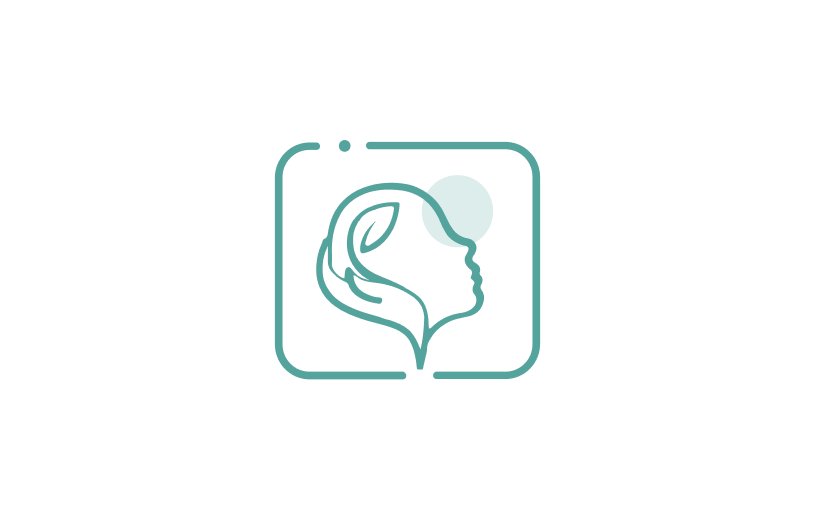
Therapy
Cognitive-behavioral therapy (CBT) is a widely used therapeutic approach that helps individuals identify and change negative thinking patterns and behaviors associated with anxiety. Other therapeutic techniques, such as exposure therapy, can be beneficial for specific phobias and OCD.

Medication
In some cases, medication may be prescribed to help manage symptoms of anxiety. Antidepressants, anti-anxiety medications, and beta-blockers are commonly used to alleviate symptoms. A psychiatrist or a prescribing healthcare professional can guide medication decisions.
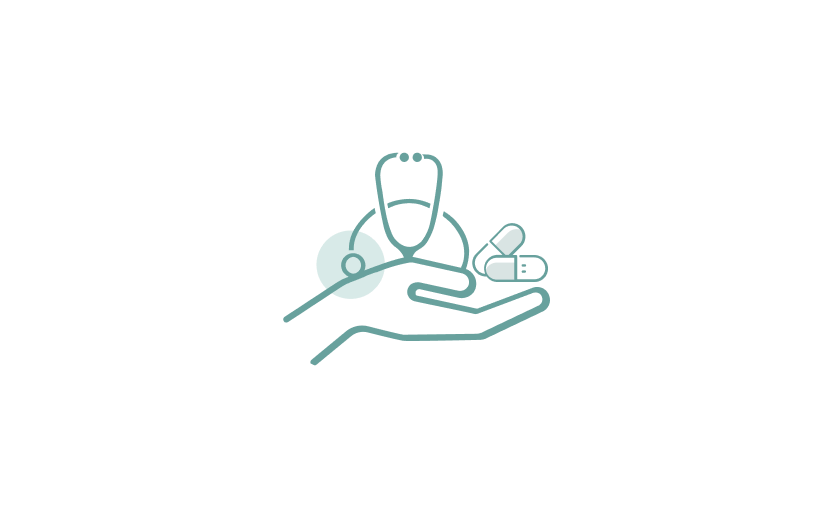
Lifestyle Changes
Practicing self-care, stress management techniques, regular exercise, healthy sleep habits, and avoiding substances like alcohol and caffeine can contribute to overall anxiety reduction.
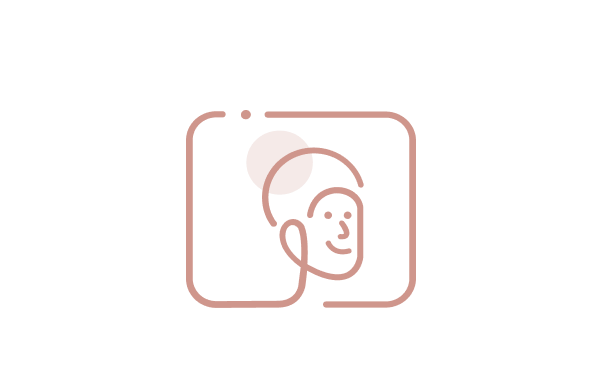
Support Systems
Having a support network, including understanding family and friends, can greatly benefit individuals with anxiety. Support groups, online communities, and peer counseling can also provide a sense of belonging and understanding.